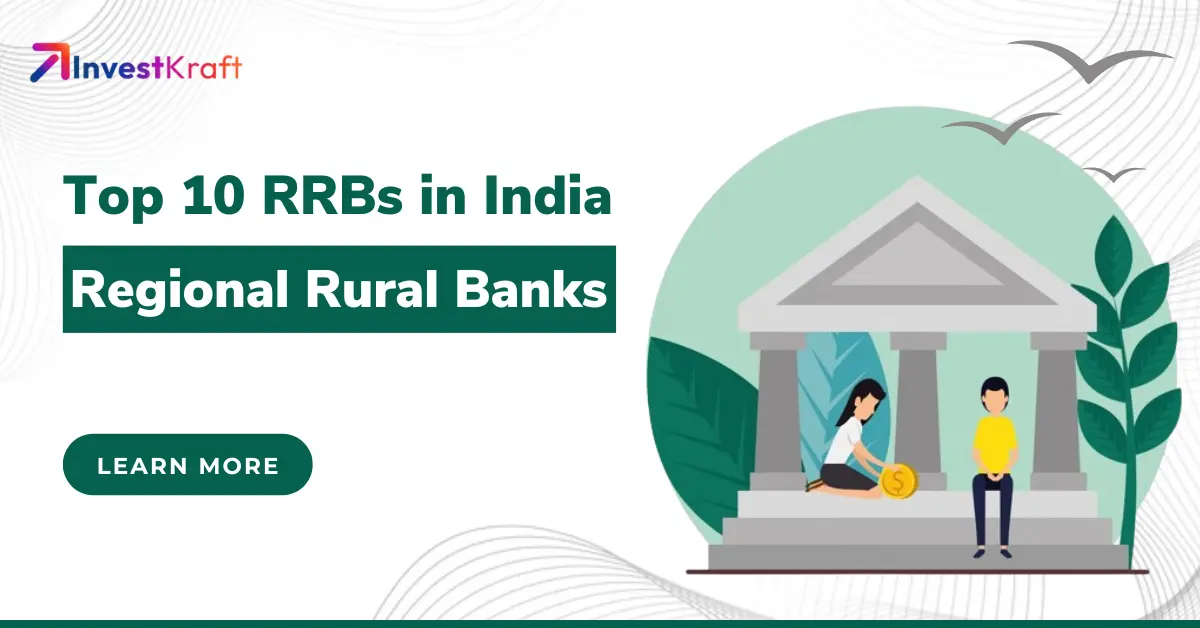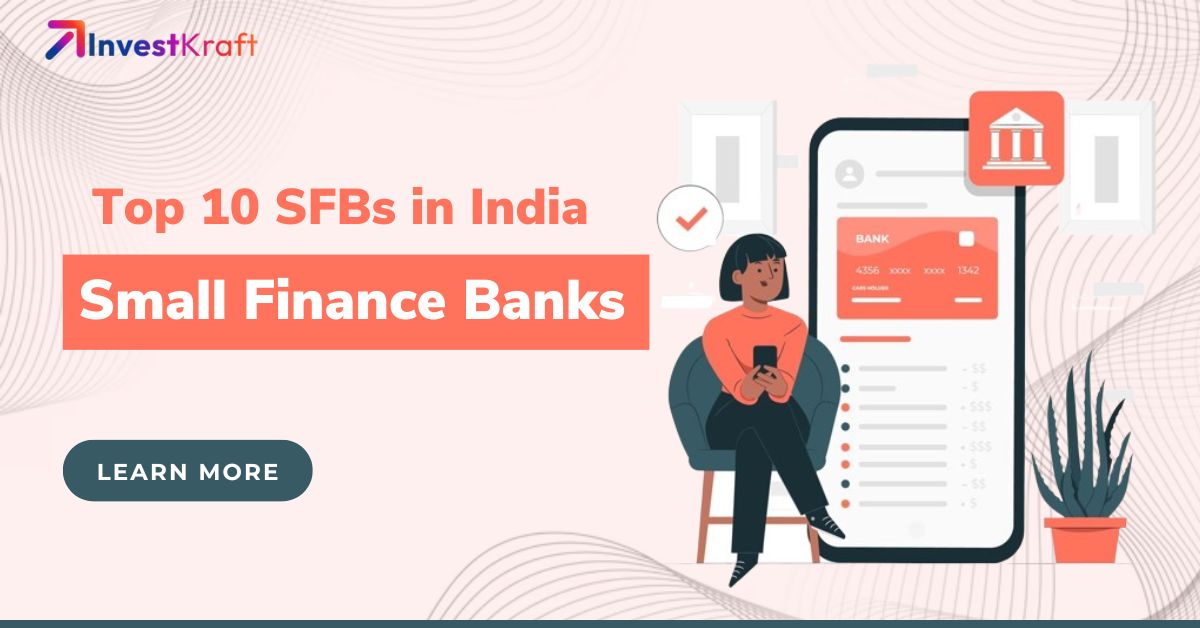New to Credit? Stop Worrying and Build Your Credit with These Essential Tips

Establishing and maintaining a healthy credit score can seem overwhelming, particularly for new borrowers. However, it is important to start on the right foot and understand the significance of a good credit score and report for obtaining loans and credit cards at favourable interest rates. For those new to credit, also known as NTC customers, building a healthy CIBIL or credit score is crucial for financial stability.
In this article, we will elaborate on the significance of maintaining a healthy credit profile and offer specific tips for NTC customers to improve and sustain a good CIBIL score. It is crucial to understand the factors that influence credit scores and the steps individuals can take to ensure a positive credit profile. By following these guidelines, NTC consumers can work towards achieving a healthy financial standing.
The Concept of Credit and its Role in Financial Health
Your credit score is a numerical representation of your trustworthiness as a borrower. Lenders use it to decide whether to lend you money and what interest rate to charge. A higher score means you are less of a risk and more likely to get approved for new accounts with better rates. To have a credit score, you need at least one credit account that is at least six months old.
What is the Definition of New to credit (NTC)?
New to Credit (NTC) borrowers are individuals without any credit history who have recently obtained their first traditional credit product, such as consumer durable loans, personal loans, agricultural loans, 2-wheeler loans, gold loans, home loans or other credit products.
Why is it Bad to Have No or Limited Credit History?
A consumer’s credit standing is vital in the digital finance landscape. Having a good credit score can save money on financial products and make it easier to secure loans, jobs and accommodations.
On the other hand, limited or no credit history leads to higher costs and difficulties. Good credit can save thousands of rupees on various personal loans like car loans and home loans compared to bad credit. Without a track record of financial responsibility, trust from institutions and decision-makers is hard to gain.
What are Some Common Scenarios for New Lenders in India?
First-time borrowers often feel a mix of excitement and nervousness. It is normal to feel overwhelmed by the process and the various options available. However, it is important to carefully consider your financial situation and preferences before choosing a loan.
1. Building Credit History: Young adults with no credit history often struggle to qualify for loans or secure favourable interest rates, making it challenging for them to borrow money.
Tip: To build credit, you can explore options like obtaining a secured credit card that demands a security deposit or becoming an authorized user on a trustworthy family member’s credit card
2. Financing a Car: Many new borrowers opt for a car loan as their first loan, but it is important to consider the consequences of prioritizing a low monthly payment. While it may be tempting, choosing a longer loan term to achieve a lower monthly payment can result in higher overall interest costs.
Tip: It is important to take your time and compare interest rates from different lenders when looking for a loan. Finding a balance between affordability and total interest paid over the loan term is crucial. Additionally, understanding all the fees associated with the loan can help you make an informed decision.
3. Student Loans: New borrowers should be aware that student loans can create a huge financial burden. It is important to understand the various repayment choices and potential programmes for loan forgiveness.
Tip: It is important to research federal student loan options because they often offer better interest rates and more repayment flexibility than private loans. Additionally, consider exploring income-driven repayment plans that adjust your monthly payments based on your income. This can be particularly helpful if you anticipate fluctuations in your income after graduation
4. Unexpected Expenses: It can be challenging to handle unexpected expenses like medical bills or car repairs on short notice. For new borrowers, it is important to explore all the available loan options to find the best fit for their financial situation. Understanding the different types of loans and their terms can help make an informed decision.
Tip: To cover unforeseen costs, it is advisable to look into personal loans. You can evaluate personal loan choices offered by banks, credit unions and online lenders. Just ensure that you carefully consider the interest rates and repayment conditions tied to these loans.
What are the Benefits of Building Credit Early?
Here are some reasons and their benefits as to why you should start building credit early in your professional career -
- Establishing a credit history is essential for future financial stability and the ability to access loans and other financial products. By managing credit responsibly and making timely payments, you can demonstrate your creditworthiness to lenders and improve your credit score over time. This can open doors to better interest rates, higher credit limits and greater financial flexibility in the future. Building a positive credit history is a long-term investment that can pave the way for achieving your financial goals
- Building and maintaining a strong credit history is important for making major financial decisions in the future, such as obtaining a mortgage or securing a car loan or business venture. Lenders and financial institutions use credit history as a key factor in determining an individual’s creditworthiness, which can impact the interest rates and terms offered for various types of credit. Therefore, taking steps to establish and maintain good credit can position individuals for greater financial flexibility and opportunity down the line
- Having a good understanding of credit can help you steer clear of potential credit traps. By familiarizing yourself with how credit works, you can make informed borrowing decisions and avoid falling into situations that may be detrimental to your financial well-being. When you are aware of the risks and pitfalls associated with credit, you can take proactive measures to protect yourself and maintain a healthy credit history. Understanding credit empowers you to navigate the world of borrowing more effectively, ensuring that you use credit wisely and avoid potentially harmful financial scenarios
- Maintaining a good credit score is crucial for your overall financial stability. A good credit score enables you to access lower interest rates on loans and credit cards, potentially saving you a significant amount of money in the long run. It also increases your chances of being approved for future credit applications, giving you more financial flexibility and opportunities. Conversely, a poor credit score can make it difficult to secure loans or rent an apartment, negatively impacting your financial situation
How to Build a Credit Score in a Step-by-Step Manner?
Here are some effective ways to build your credit history from the ground up:
1. Leverage Credit Cards:
- Secured Credit Cards: Secured credit cards are recommended for beginners as they require a security deposit that acts as your credit limit. By using a secured card responsibly and making timely payments, you can establish a positive credit history. Once you have built a good track record, you can then consider transitioning to an unsecured credit card that does not require a security deposit
- Unsecured Credit Cards: Unsecured credit cards, which become available once you establish a decent credit history, provide greater flexibility along with rewards programmes. It is important to maintain a low credit utilization ratio (amount used divided by credit limit) to prevent any negative impact on your credit score
2. Become an Authorized User
Boost your credit score by becoming an authorized user on someone else’s credit card. Their positive credit activity will be shown on your credit report. Just make sure to select someone who has a good credit history and manages their credit responsibly, as their choices will affect your creditworthiness
3. Explore Credit-Builder Loans
Specialized loans are designed to support credit building through regular payments towards a specific objective, such as buying furniture. Upon completing all payments, borrowers are rewarded with the loaned amount, showcasing their dedication to responsible borrowing
4. Maintain On-Time Payments
Remember, the golden rule of credit building is to avoid missed or late payments, as they can harm your credit score. It is important to set up automatic bill payments to guarantee that your payments are made on time and to prevent any negative repercussions
5. Monitor Your Credit Utilization Ratio
Maintaining a credit utilization ratio below 30% is recommended as it shows responsible credit management and avoiding excessive debt. To achieve this, it is advisable to keep your credit card balances low and pay them off completely whenever feasible
6. Limit Credit Inquiries
It is important to be mindful of how often you apply for new credit, as each application results in a hard inquiry on your credit report. A high number of hard enquiries within a short time frame can lower your credit score. To minimize the impact, try spacing out your credit applications
How Can You Monitor Your Credit Score Online?
There are several methods available to monitor your credit score. Here are a few of them -
- Soft credit checks allow you to review your credit score without impacting it. Regularly checking your credit score using this method is recommended to avoid any negative effects on your score. Opting for a hard credit check, on the other hand, can result in a decline in your credit score
- Credit bureaus in India must provide consumers with a free credit report once a year. It is crucial to thoroughly check for any errors, such as inaccurate personal information or duplicated transactions. Reporting any errors immediately is essential, as they could negatively impact your credit score
- It is crucial to regularly check your credit card bill to ensure accuracy. Sometimes, unauthorized expenses or charges may appear on the bill. If you notice any suspicious transactions, it is essential to inform the bank immediately
Some Common Credit Misconceptions:
Misconceptions about credit scores can be detrimental to one’s financial well-being. It is important to clarify some common myths.
1. Regularly Checking Your Credit Score can Lower It
Regularly checking your credit score is essential for staying informed and managing your credit efficiently. Contrary to common myth, soft inquiries made by you do not affect your credit score; it is only hard enquiries by lenders when you apply for credit that can impact your score. Therefore, there is no need to worry about checking your credit score
2. Your Credit Score Holds Significance Solely When Applying for a Loan
Maintaining a good credit score is important not only for getting loans but also for other areas of life. Landlords, employers and insurance companies may use your credit score to assess your financial responsibility. This means that a good credit score can impact your ability to rent a home and secure certain job opportunities
3. Closing Old Credit Accounts Improves Your Credit Score
Closing old credit accounts can lower your credit score as it reduces your credit utilization ratio. It is generally advisable to keep old accounts open, as long as they do not have annual fees
4. All Debts Harm Your Credit Score
Having a mix of different types of debts, such as retail accounts, mortgages, credit cards and instalment loans can improve your credit score. However, it is crucial to make repayments on time, keep your credit utilization low and maintain a low debt-to-income ratio to maintain a good score. Showing that you can handle different forms of credit responsibly is important for your creditworthiness. It is not a balanced financial strategy to completely avoid debt based on misconceptions about credit
5. A Poor Credit Score is Permanent
Your credit score is not fixed and can change based on your financial behaviour. By consistently paying your bills on time, you can see significant improvements in your score over time. It is important to understand that your credit score is not discouraging, but rather something that you have the power to improve
Conclusion
Understanding the factors that impact credit scores and following practical tips are essential for NTC customers to build a healthy credit history and access financial opportunities. This article aims to equip new borrowers with the necessary knowledge and tools to navigate the credit landscape confidently and establish a strong credit score.
By adhering to these recommendations and making use of the available resources, NTC customers can start the process of attaining financial stability. It is important to bear in mind that a solid credit score serves as an investment in the future, granting access to improved financial services and broader prospects.
Frequently Asked Questions (FAQs)
Q: What does it mean to be "new to credit"?
A: If you are new to credit, it means you do not have a credit history and have not borrowed money or used credit cards before. Therefore, you will not have a credit score, which lenders rely on to determine your creditworthiness
Q: How can I check if I'm new to credit?
A: You can get a free credit report from the credit bureaus in India. These reports show your credit history, such as loans, credit cards and payment habits. An empty report means you are probably new to credit
Q: What are the challenges of being a new borrower?
A: The main difficulty for new borrowers is the struggle to obtain credit as a result of their limited credit history. Lenders often use credit scores to evaluate risk and without a solid credit history, they may be reluctant to approve loans or credit cards. Furthermore, new borrowers may face less favourable interest rates or lower credit limits in comparison to those with established credit
Q: How often should I check my credit report?
A: It is important to check your credit report annually to identify and correct any errors that may affect your credit score. You can access free reports from major credit bureaus once a year. Monitoring your report regularly also helps you stay informed about any changes that occur. Some credit bureaus even provide free credit monitoring services to keep you updated
Q: What are some red flags to watch out for when applying for credit?
A: When dealing with lenders, it is important to watch out for high interest rates and upfront fees to avoid falling into a debt trap. Additionally, it is best to avoid applying for numerous credit products in a short period as each application can have a temporary negative impact on your credit score due to hard inquiries

Author: Abhik Das
Abhik Das is a versatile content writer with over 5 years of experience crafting engaging and informative content across diverse industries. His expertise spans the fields of ed-tech, pharmaceuticals, organic food, travel, sports, and finance.
Here's what sets Abhik apart:
Content Versatility: Able to adapt writing style and tone to suit various audiences and content needs.
SEO Proficiency: Creates content optimized for search engines, ensuring discoverability and organic traffic.
Deep Research: Conducts thorough research to ensure content accuracy and credibility across complex topics.
Engaging Storytelling: Captures reader interest with clear, concise, and compelling writing.
Abhik's diverse background empowers him to deliver insightful content across a wide range of subjects. Whether you're seeking engaging explainer pieces on the latest financial trends, informative guides to organic food choices, or captivating travelogues, Abhik has the expertise to craft content that resonates with your audience.




















